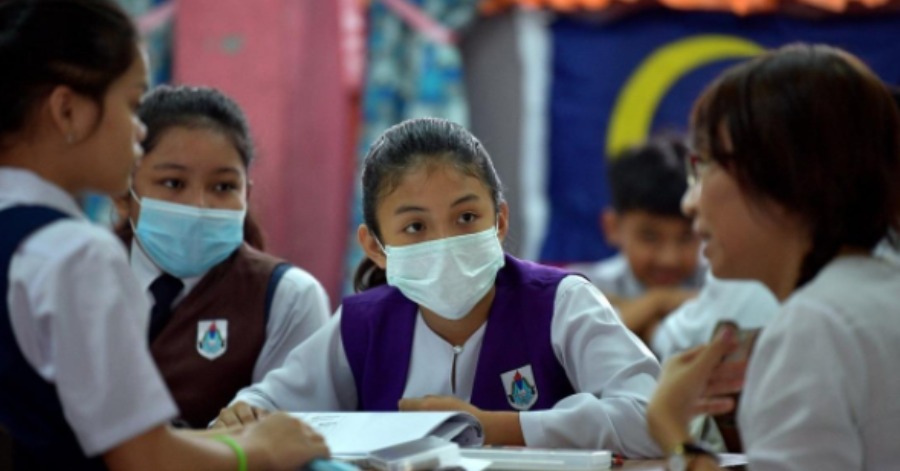KUALA LUMPUR, April 29 — Empowering the school-based assessment (PBS) and the classroom assessment (PBD) starting this year has been described as the best approach in developing students holistically.
Assoc Prof Dr Azlin Norhaini Mansor, senior lecturer at the Centre Department of Education Leadership and Policy of Universiti Kebangsaan Malaysia (UKM) said this is because the assessments would emphasis various aspects including physical, spiritual and intellectual compared to the existing one which focuses more on academic achievement through examinations.
‘…and when we switch to PBS, there will be less comparison and competition, like ‘5A’ is better than ‘4A’, then there may not be a situation where many pupils want to score 5A’s in UPSR.
“The only concern now is the standardisation which has long been a practice in schools, so when it changes to this approach, the practices will be different and people may take time to accept these changes,” she told Bernama here.
Senior Education Minister Datuk Dr Radzi Jidin announced yesterday the abolition of the UPSR examination and replacing it with PBS and PBD.
Radzi said the decision to abolish the UPSR, which was first introduced in 1988, was made after getting views and input from various quarters, including 1,700 participants of engagement sessions with the Education Ministry (MoE).
Through this method, Azlin Norhaini said teachers could evaluate student’s achievement and performance throughout their learning sessions.
Indirectly, a teacher will also be able to detect weaknesses and at the same time help increase the potential of the students, she said.
“I agree that we have to leave it to the school to manage the end-of-year tests of these Standard Six pupils for the purpose of admission to residential schools and so on.
“…and if you want to go to the ‘Sekolah Berasrama Penuh’ (SBP), let the assessment be provided by SBP and for SMKA (Sekolah Menengah Kebangsaan Agama), let the SMKA do assessment for the students,” she added.
Commenting further, Azlin Norhaini said the most important thing is the total cooperation from the school and teachers, so that no student will be left behind during their studies.
She said the MoE also needs to monitor the schools to ensure that assessments are carried out in accordance with the procedures and guidelines set, if not, the gap in academic achievement, including between urban and rural areas, will get bigger.
‘‘Schools and teachers need to know their responsibilities. All this while, most of them have been striving to get good score in exams, so when the bench marking is no longer there, what are their KPIs (key performance indicators)? The MoE needs to have other KPIs.
‘‘School administrators should be Learning Leaders while teachers should be Learning Teachers, who constantly learning to improve their practice. This is very important because the impact or effect of a policy change can only be seen after 10 or 20 years,” she said.
Sources: BERNAMA




Leave a Comment